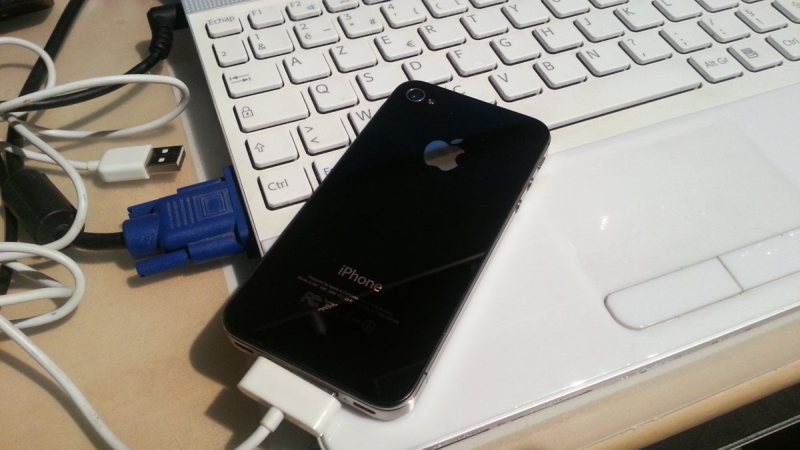Booking travel on mobile devices: the real story

From hotels to car rentals to holidays, the travel industry is now worth upwards of $1 trillion USD worldwide. We’re all aware that the days of going into a travel agents office to book a holiday or get recommendations, are gone, nowadays everything is done online – flight comparisons, reviews, last minute deals and car rentals.
In fact, according to recent statistics from eMarketer, a new travel booking behavioural change can largely be attributed to the rise of mobile device use. For example, the share of users who booked travel on tablets and smartphones at least once in the past 12 months was 25% in April 2014, and expected to reach 30% next year.
Those surveyed mentioned convenience, flexibility, discounts and special offers as the primary reasons for using a smartphone – aspects we have all come to love.
Interestingly, the category most booked on a smartphone is accommodation, which is often a last minute booking or done on the road via branded apps.
Tablet and smartphone trends vary around the globe
At Criteo, we work with most major travel brands, from hotel chains to airlines and OTAs to tour operators. Our engine is fed with millions of travel related searches and booking events every day, and what we’re seeing globally certainly accurately mirrors actual behaviour.
Mobile devices do account for increasing shares of travel sales, but there are significant differences in markets and devices around the globe. This may seem relatively obvious, that things are different either side of the world, but when you link these differences to industry sectors and seasonal activity such as spring break in the US and the summer season in Europe – you can see we’re not all the same – it provides another layer of insight.
Hotels.com, a leading online accommodation booking website, is one company noticing a change in booking behaviour. The number of bookings with mobile devices is increasing which underlines the growing importance of smartphones and tablets. The hotel booking website is not alone, with a number of our travel customers reporting this change in purchasing behaviour.
Mobile devices dominate for most of the online travel industry growth worldwide
Growth in the online travel industry can be largely attributed to mobile device use, with a 20% increase of bookings during the first half of the year, compared to only 2% for desktop bookings.
It also appears that mobile users do not discriminate – regardless of whether it is long haul or short and sweet, the average purchase price for flights is 21% higher on mobile devices than on desktop.
Interestingly, the same doesn’t apply for more expensive travel purchases such all-inclusive packages though, and if we connect the dots, it would suggest people still feel more comfortable booking expensive items on desktops, with all the relevant information clearly to hand.
Both tablets and smartphones play a part in this increase in bookings
Tablets are now an established way of booking travel and on average we see these devices account for 7% of bookings generated across the airline sector, and 9% for hotels.
Additionally, Criteo’s recent Mobile Flash Report clearly showed that desktop traffic shifts to tablets during evenings and weekends, indicating would be holidaymakers don’t want to be back sitting at their desks after a hard day’s work; the preference is clearly to grab a tablet and sit around the kitchen table or on the couch to plan with family and friends.
What about smartphones usage? They don’t have such a smooth ride unfortunately, as the data highlights a number of barriers to booking. These include small screen size, lack of mobile optimised websites and patchy internet connections. As a result, we only see 6% of airline bookings and 11% of hotel bookings happening on smartphones, despite higher visitor volumes.
It is now well understood that smartphone bookings are mostly done last-minute and often on the road, when there is no other more comfortable device option. Although emerging mobile apps focus successfully on the same-day booking trend, the overall share of same day bookings remains relatively low, at 2-3% only.
With all of the above data in mind, what now?
When looking at these obstacles and alongside the change in purchasing behaviour, it becomes quite clear what marketers need to think about when targeting holidaymakers. These include:
- Optimise their sites to be present on tablets, using technologies like responsive design, high quality images and touch-optimised controls.
- Simplify and streamline the booking experience for smaller-sized mobile devices, mostly used for last-minute, short stays.
- Integrate with mobile-friendly payment systems, to speed up the path to booking on smartphones.
When helping the organisation decide on its mobile priorities, the numbers are now making life easier for travel marketers to build a case for the investment. The marketer who can take quick steps to address the above areas, has the best chance of capitalising on the ever increasing mobile market.